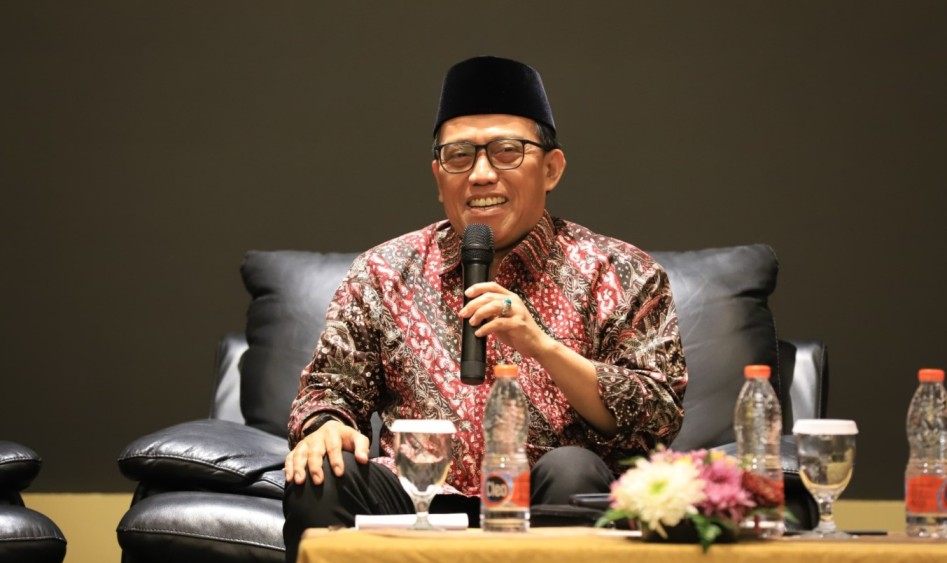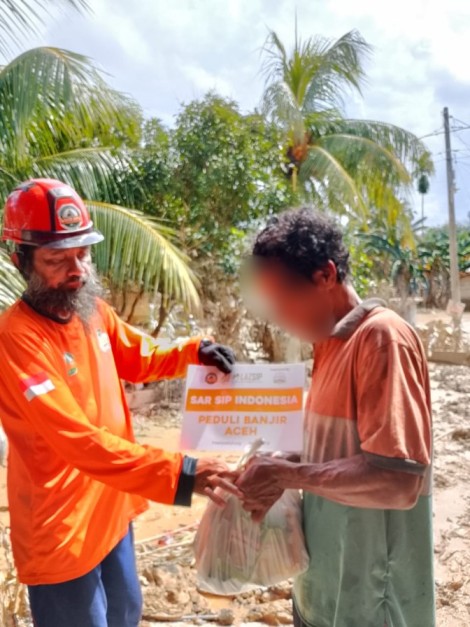Over 500 mln people globally pushed into extreme poverty due to health care costs

Jakarta (Indonesia Window) – New evidence compiled by the World Health Organization (WHO) and the World Bank shows that the COVID-19 pandemic is likely to halt two decades of global progress towards Universal Health Coverage.
The organizations also reveal that already before the pandemic more than half a billion people were pushed or further pushed into extreme poverty because they have to pay for health services out of their own pockets, and that the pandemic is likely to make the situation worse.
The findings are contained in two complementary reports, launched on Universal Health Coverage Day, highlighting the devastating impact of COVID-19 on people’s ability to obtain health care and pay for it.
In 2020, the pandemic disrupted health services and stretched countries’ health systems beyond their limits as they struggled to deal with the impact of COVID-19. As a result, for example, immunization coverage dropped for the first time in ten years, and deaths from TB and malaria increased.
The pandemic also triggered the worst economic crisis since the 1930s, making it increasingly difficult for people to pay for care.
Even before the pandemic, half a billion people were being pushed (or pushed still further) into extreme poverty because of payments they made for health care. The organizations expect that that number is now considerably higher.
The new WHO/World Bank reports also warn that financial hardship is likely to become more intense as poverty grows, incomes fall, and governments face tighter fiscal constraints.
“Even before the COVID-19 pandemic struck, almost one billion people were spending more than 10 percent of their household budget on health,” said Juan Pablo Uribe, Global Director for Health, Nutrition and Population, World Bank.
“This is not acceptable, especially since the poorest people are hit hardest. Within a constrained fiscal space, governments will have to make tough choices to protect and increase health budgets,” he added.
In the first two decades of this century, many governments had made progress on service coverage.
In 2019, prior to the pandemic, 68 percent of the world’s population was covered by essential health services, such as pre-and post-natal care and reproductive health services; immunization services; treatment for diseases like HIV, TB and malaria; and services to diagnose and treat noncommunicable diseases like cancer, heart conditions, and diabetes.
But they had not made such advances in ensuring affordability. As a result, the poorest groups and those living in rural areas are the least able to obtain health services, and the least likely to be able to cope with the consequences of paying for them.
Together, these two new reports offer both a warning and guideposts to all countries as they strive to build back better from COVID-19 and keep their populations safe, healthy, and financially secure.
Reporting by Indonesia Window

.jpg)








